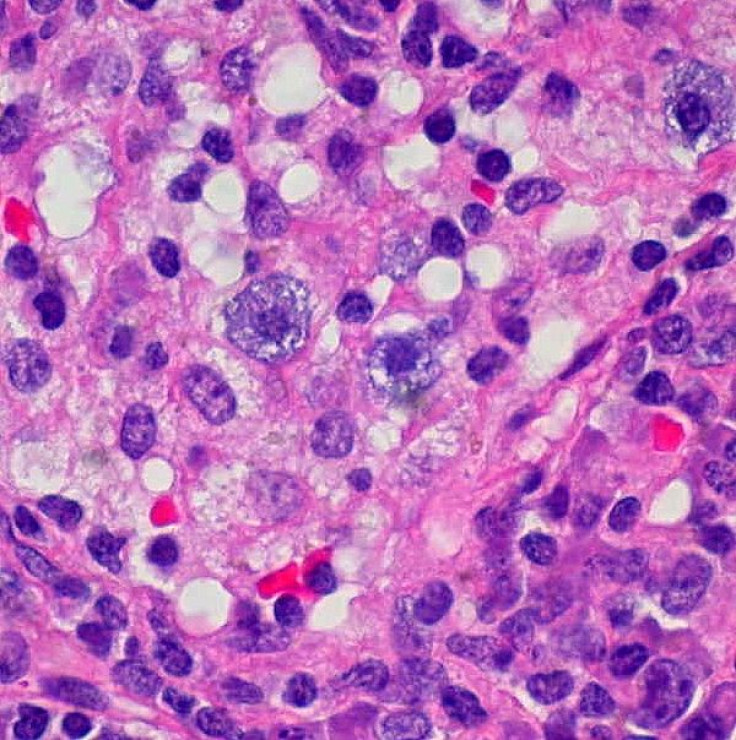How Safe Is Your Produce? Cyclospora Infections Spread To 15 States, Cause Still Unknown

Cyclospora, the enigmatic stomach bug, has unexpectedly spread to 15 states. The Centers for Disease Control and Prevention (CDC) report that 18 of the 315 patients afflicted with cyclosporiasis have been hospitalized as a result of their infection. Given cyclospora's alarming reach, knowing its origin and treatment options is of pressing importance.
The parasite affected residents of 11 states by mid-July, according to ABC News. The outbreak has now spread to four more states, including New Jersey, Minnesota, and Ohio. Bewilderingly, the parasite is typically limited to the tropics and not usually seen in the United States, calling the scientific community to find its source.
Cyclosporiasis, or cyclospora infection, is a food-borne illness. In the past, raspberries, lettuce, snow peas, and basil imported from outside of the United States have all been confimed modes of transmission. Cyclospora causes flu-like symptoms — in particular, stomachaches, diarrhea, dehydration, and fatigue or weight loss — but the parasite cannot be passed from person to person. Infection spreads by eating infected food, not merely by being in contact with an infected person.
Symptoms usually appear one week after exposure and if left untreated, debilitating symptoms may persist for as long as a month. Other stomach bugs, according to the Mayo Clinic, tend to persist for only three to five days, after which, one's health tends to bounce back expediently. The lag time between exposure and symptoms of cyclospora infection makes investigating the source of the outbreak difficult.
"The big takeaway is if you have these symptoms there's only one antibiotic that's going to help you, so you need to ask to get tested. It's very important," says Dr. Richard Besser, chief health medical correspondent for ABC News.
"Doctors can diagnose it by looking for either the parasite itself or eggs of the parasite in a stool sample. They have to do it with a microscope because it's tiny. You can't see it with your naked eye. It's not like a worm," adds Dr. Nicole Bouvier, a professor at the Icahn School of Medicine.
Bouvier warns those with deficient immune systems, or those living in states with the greatest incidence of outbreak to be extra cautious about the fruits and vegetables they consume. This means washing fruits and vegetables thoroughly using a brush, especially if they will be consumed raw. Wash your hands, utensils, and food preparation surfaces before and after use. Check the CDC and Food and Drug Administration websites frequently for alerts.



























